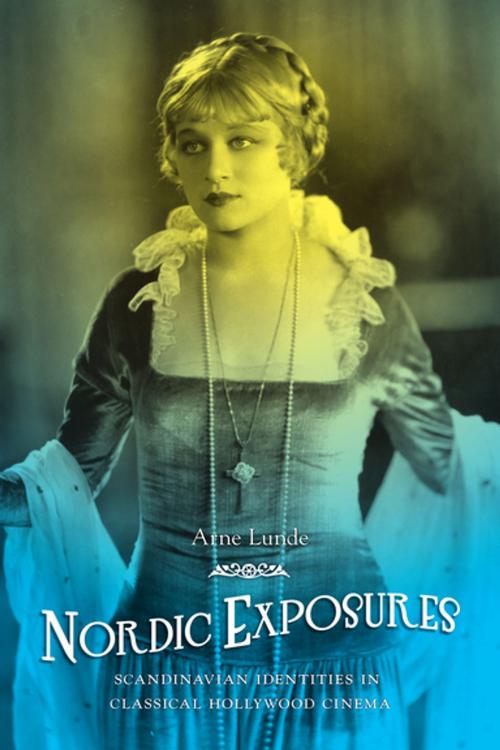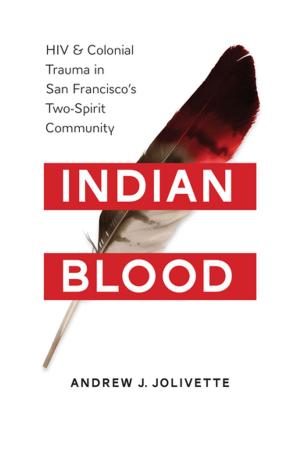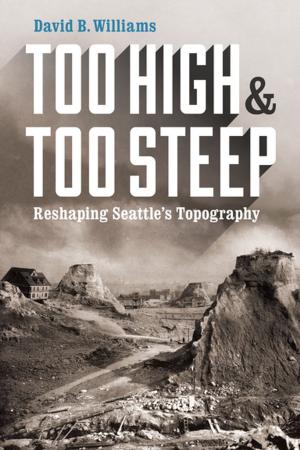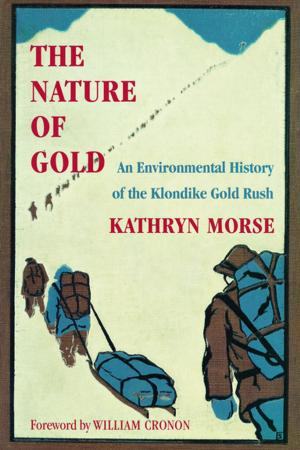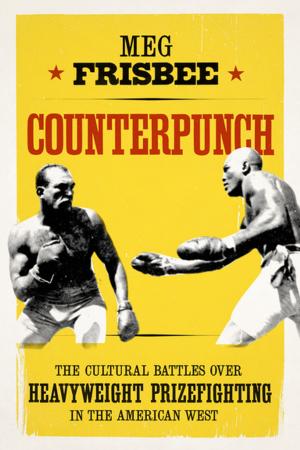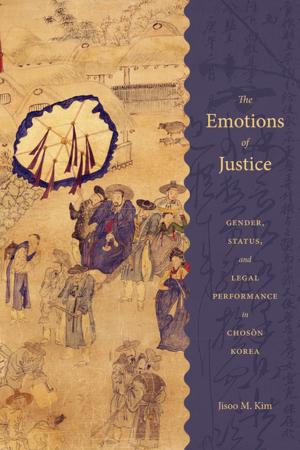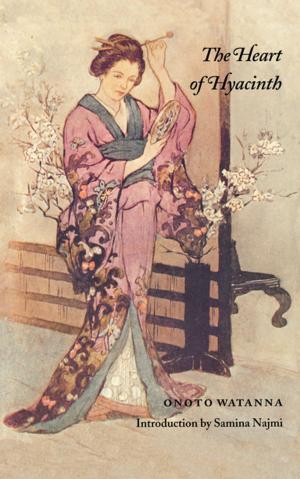Nordic Exposures
Scandinavian Identities in Classical Hollywood Cinema
Nonfiction, Entertainment, Film, History & Criticism, Performing Arts| Author: | Arne Lunde | ISBN: | 9780295800844 |
| Publisher: | University of Washington Press | Publication: | July 1, 2011 |
| Imprint: | University of Washington Press | Language: | English |
| Author: | Arne Lunde |
| ISBN: | 9780295800844 |
| Publisher: | University of Washington Press |
| Publication: | July 1, 2011 |
| Imprint: | University of Washington Press |
| Language: | English |
Nordic Exposures explores how Scandinavian whiteness and ethnicity functioned in classical Hollywood cinema between and during the two world wars. Scandinavian identities could seem mutable and constructed at moments, while at other times they were deployed as representatives of an essential, biological, and natural category. As Northern European Protestants, Scandinavian immigrants and emigres assimilated into the mainstream rights and benefits of white American identity with comparatively few barriers or obstacles. Yet Arne Lunde demonstrates that far from simply manifesting a normative unmarked whiteness, Scandinavianness in mass-immigration America and in Hollywood cinema of the twentieth century could be hyperwhite, provisionally off-white, or not even white at all.
Lunde investigates key silent films, such as Technicolor's The Viking (1928), Victor Sjostrom's He Who Gets Slapped (1924), and Mauritz Stiller's Hotel Imperial (1927). The crises of Scandinavian foreign voice and the talkie revolution are explored in Greta Garbo's first sound film, Anna Christie (1930). The author also examines Warner Oland's long career of Asian racial masquerade (most famously as Chinese detective Charlie Chan), as well as Hollywood's and Third Reich Cinema's war over assimilating the Nordic female star in the personae of Garbo, Sonja Henie, Ingrid Bergman, Kristina Soderbaum, and Zarah Leander.
Nordic Exposures explores how Scandinavian whiteness and ethnicity functioned in classical Hollywood cinema between and during the two world wars. Scandinavian identities could seem mutable and constructed at moments, while at other times they were deployed as representatives of an essential, biological, and natural category. As Northern European Protestants, Scandinavian immigrants and emigres assimilated into the mainstream rights and benefits of white American identity with comparatively few barriers or obstacles. Yet Arne Lunde demonstrates that far from simply manifesting a normative unmarked whiteness, Scandinavianness in mass-immigration America and in Hollywood cinema of the twentieth century could be hyperwhite, provisionally off-white, or not even white at all.
Lunde investigates key silent films, such as Technicolor's The Viking (1928), Victor Sjostrom's He Who Gets Slapped (1924), and Mauritz Stiller's Hotel Imperial (1927). The crises of Scandinavian foreign voice and the talkie revolution are explored in Greta Garbo's first sound film, Anna Christie (1930). The author also examines Warner Oland's long career of Asian racial masquerade (most famously as Chinese detective Charlie Chan), as well as Hollywood's and Third Reich Cinema's war over assimilating the Nordic female star in the personae of Garbo, Sonja Henie, Ingrid Bergman, Kristina Soderbaum, and Zarah Leander.
